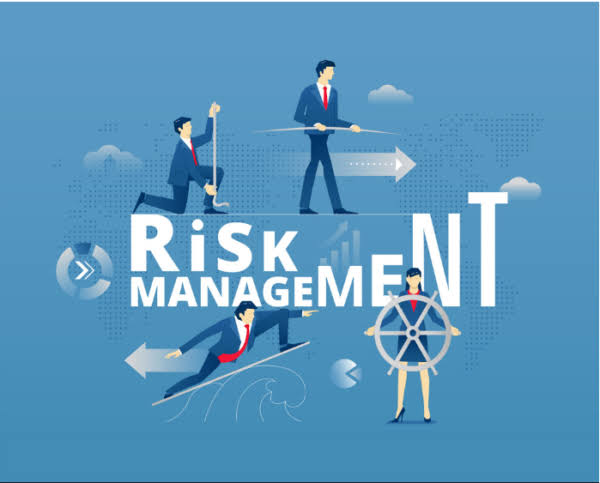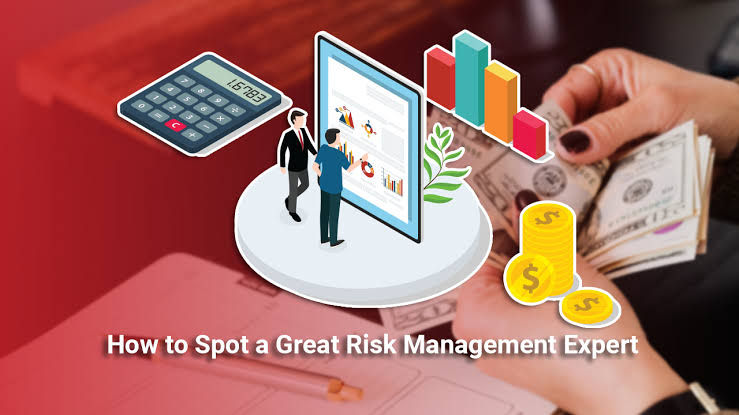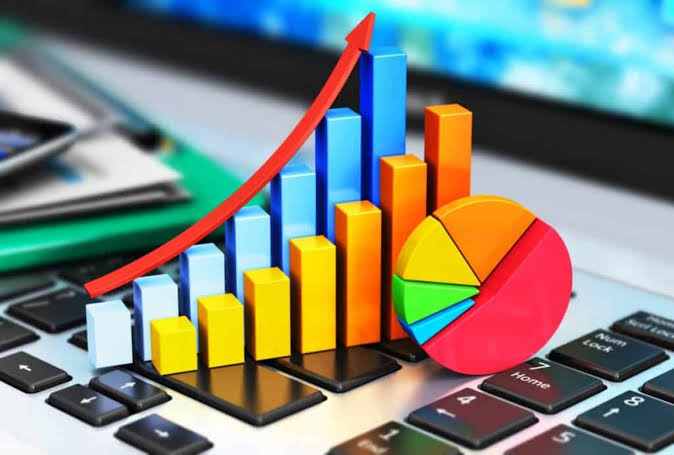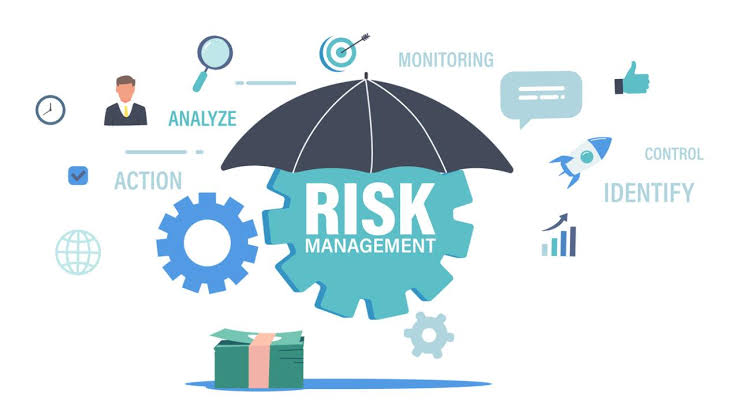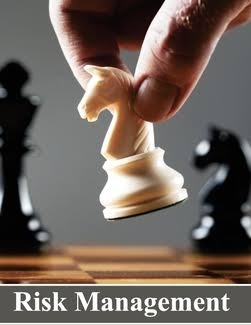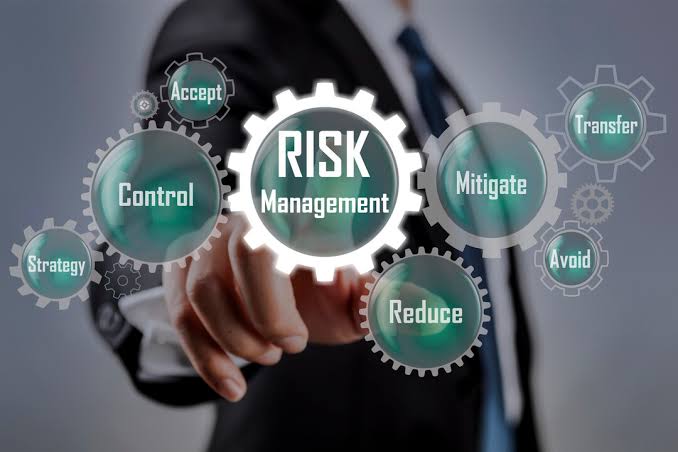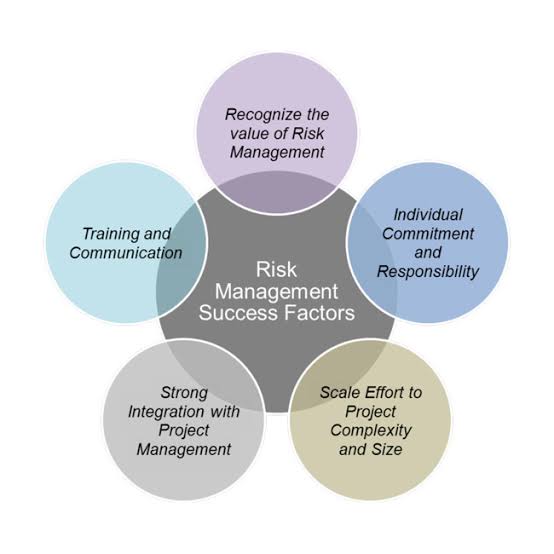
The Intriguing World of Data Privacy Experts: A Glimpse into Their Lifestyle
In today’s data-driven world, the role of a data privacy expert is more crucial than ever. These guardians of personal information navigate the ever-changing landscape of regulations and technologies, ensuring the responsible collection, use, and protection of our data.
By understanding the activities, challenges, and commitments that define the lifestyle of a data privacy expert, we can appreciate the dedication and complexity involved in their profession.
i. Demystifying the Data Maze:

A typical day might involve delving into complex privacy regulations like GDPR or CCPA, staying abreast of emerging data-hungry technologies like AI, and understanding the intricacies of data security practices. They assess potential risks within organizations, draft watertight data privacy policies, and oversee data governance practices from collection to disposal.
ii. The Balancing Act:

Data privacy experts wear many hats. They act as strategic advisors, collaborating with various teams within organizations to ensure compliance. They turn into educators, conducting training sessions and raising awareness about data privacy best practices. And when data breaches occur, they transform into incident responders, working tirelessly to mitigate the damage and ensure regulatory compliance.
iii. A Life of Learning and Advocacy:
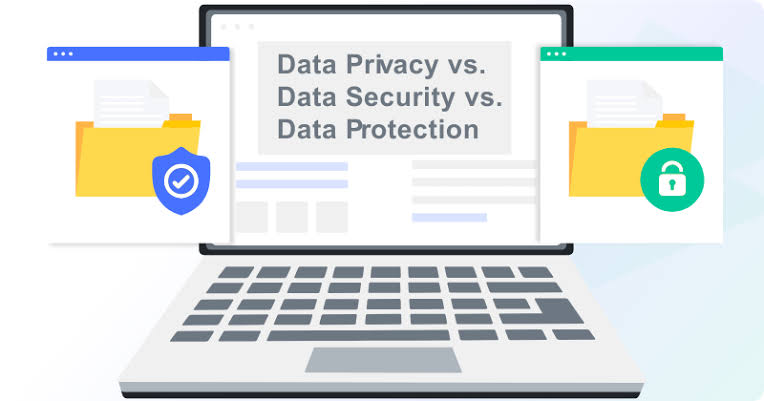
The world of data privacy is dynamic, demanding continuous learning and adaptation. Experts stay updated through industry publications, conferences, and online courses. They actively engage in advocacy efforts, promoting strong data protection principles and influencing policymakers.
iv. Beyond the Technicalities:
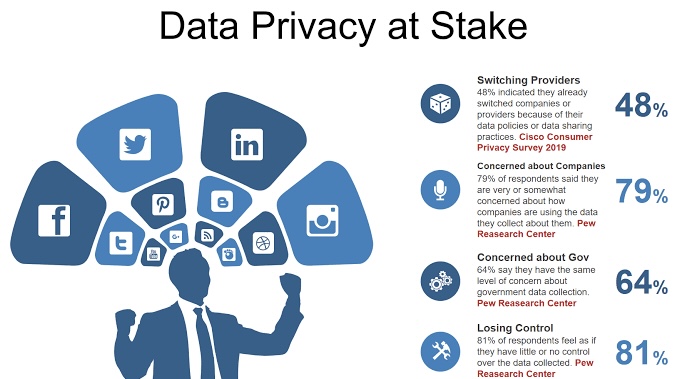
While technical expertise is essential, data privacy experts also possess strong communication and interpersonal skills. They effectively collaborate with diverse stakeholders, from CEOs to IT specialists, and navigate the often complex legal landscape.
v. A Rewarding Pursuit:
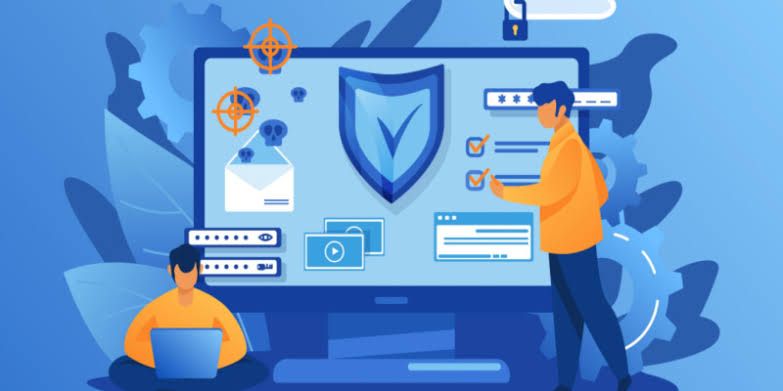
The lifestyle of a data privacy expert can be challenging, but it’s also intellectually stimulating and purpose-driven. They play a vital role in safeguarding our privacy in a digital age, making it a truly rewarding career path for those passionate about data protection and ethical technology practices.
vi. But what exactly does a day in the life of a data privacy expert look like?
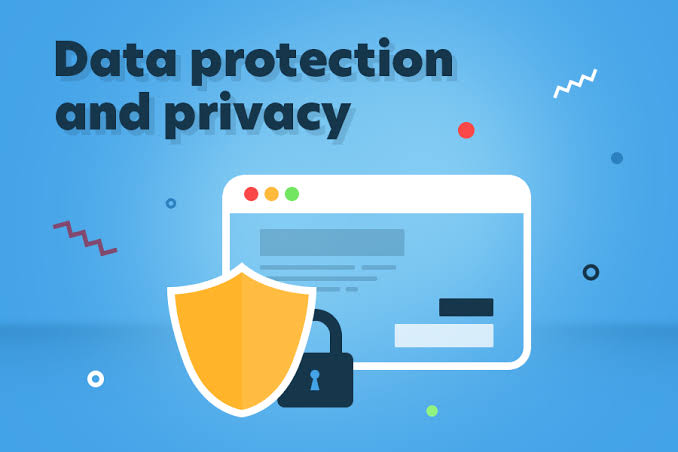
A. Professional Life
a. Continuous Learning: Data privacy is a rapidly evolving field with frequent legislative updates and technological advancements. Experts often start their day by catching up on the latest news, reading industry publications, and participating in online forums or social media groups dedicated to data privacy. Continuous education through workshops, courses, and certifications is also a part of their professional development.
b. Collaboration and Communication: Whether working in-house for a corporation, within a consultancy, or for a government body, data privacy experts regularly collaborate with other departments like IT, legal, and human resources. They need to communicate complex legal concepts and technical requirements in an understandable way to various stakeholders.
c. Assessment and Strategy: A significant portion of their day may involve assessing current data handling and processing practices within their organization or for their clients. This includes conducting privacy impact assessments, reviewing data processing agreements, and ensuring that data storage and processing activities comply with relevant laws like the GDPR, CCPA, or HIPAA.
d. Implementation and Training: Implementing privacy-by-design principles in new products or services is key. Data privacy experts work closely with product development teams to ensure privacy considerations are integrated from the outset. They also develop and deliver training programs to educate employees about privacy policies, data protection practices, and their importance.
e. Incident Response: In the event of a data breach or privacy incident, data privacy experts play a critical role in the response team, coordinating actions to mitigate risks, communicating with affected parties, and reporting to regulatory authorities as required.
B. Personal Life
a. Digital Minimalism: Given their extensive knowledge of how personal data can be exploited, many data privacy experts practice digital minimalism in their personal lives. This might involve limiting social media use, opting for privacy-focused services and tools, and being cautious about sharing personal information online.
b. Advocacy: Some data privacy experts extend their passion for privacy into their personal lives by advocating for stronger data protection laws and practices. They might participate in public speaking, write articles or blogs, or volunteer their expertise to non-profits or advocacy groups.
c. Work-Life Balance: Given the often-sensitive nature of their work and the potential for high-stress situations like handling data breaches, maintaining a healthy work-life balance is crucial. Many experts have hobbies or interests outside of work that help them disconnect and recharge, such as outdoor activities, arts, or spending time with family and friends.
d. Security Practices: Their deep understanding of data risks naturally extends to personal security practices. This involves using strong, unique passwords for their accounts, employing two-factor authentication where possible, and being mindful of physical security and information sharing in public spaces.
vii. Responsibilities
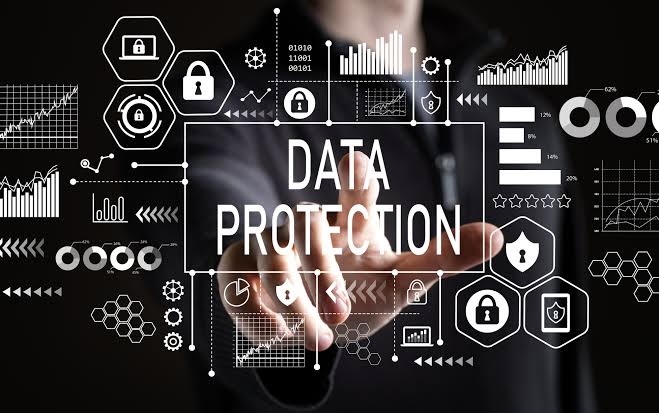
A. Deep Expertise in Privacy Laws and Regulations:
Data privacy experts immerse themselves in the intricacies of privacy laws and regulations. Staying current with global and regional changes, such as GDPR, CCPA, or other local data protection laws, is a continuous priority.
B. Holistic Understanding of Technology:
Data privacy experts need a comprehensive understanding of technology systems and their potential vulnerabilities. This includes knowledge of encryption, secure data storage, and emerging technologies like blockchain or differential privacy.
C. Risk Assessment and Management:
Conducting thorough risk assessments to identify potential privacy risks and developing strategies to manage and mitigate those risks are core aspects of a data privacy expert’s role. This involves collaboration with IT, legal, and compliance teams.
D. Policy Development and Implementation:
Crafting and implementing data privacy policies is a critical responsibility. This includes ensuring that policies align with legal requirements, industry standards, and the organization’s specific needs.
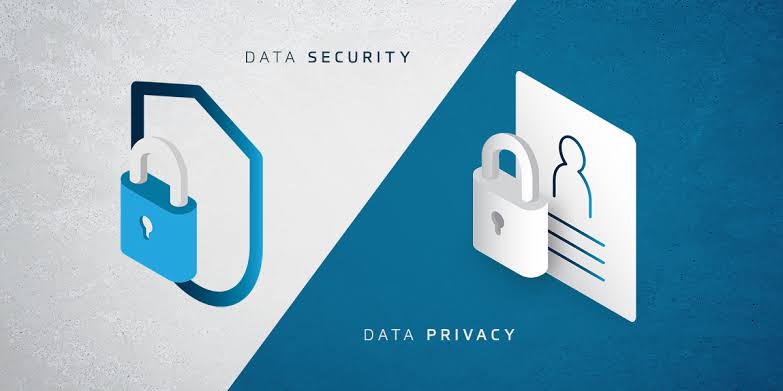
E. Communication and Training:
Data privacy experts often play a role in educating employees about privacy policies and best practices. Effective communication is key to fostering a privacy-aware culture within the organization.
F. Incident Response Preparedness:
Being prepared for data breaches or privacy incidents is crucial. Data privacy experts are involved in developing incident response plans, conducting drills, and ensuring that the organization can respond swiftly and effectively to any privacy breaches.
G. Vendor Management:
Given the prevalence of third-party relationships, data privacy experts engage in assessing and managing the privacy practices of vendors. This includes evaluating data processing agreements and ensuring compliance throughout the supply chain.
H. Continuous Learning and Certification:
Similar to other cybersecurity fields, staying informed about the latest developments in data privacy is imperative. Pursuing relevant certifications and attending conferences or workshops helps professionals stay at the forefront of their field.
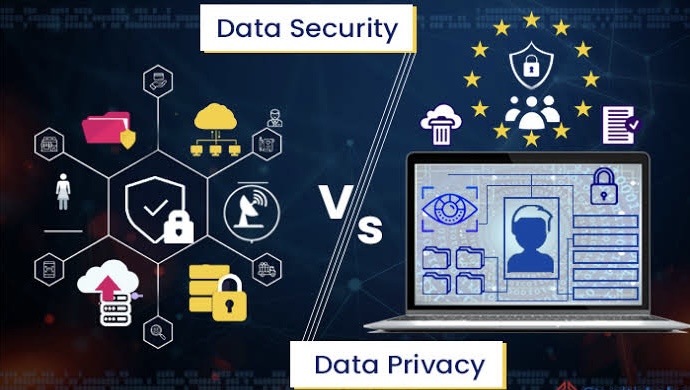
I. Legal and Ethical Considerations:
Navigating the legal and ethical dimensions of data privacy is a constant concern. Professionals must balance compliance with privacy laws while upholding ethical standards, ensuring that individuals’ rights are respected.
J. Global Perspective and Cross-Cultural Sensitivity:
Many data privacy experts work in a global context, requiring an understanding of cultural differences and variations in privacy expectations. Managing data across borders and ensuring compliance with international regulations is a common challenge.
K. Ethical Vigilance:
Advocacy: Data privacy experts often advocate for ethical data practices within their organizations and broader industry discussions.
viii. Skills
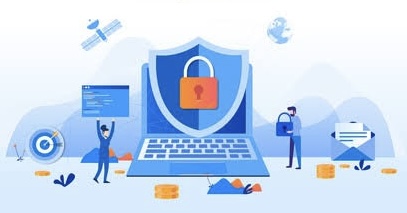
o Strong analytical and problem-solving abilities
o Excellent communication and interpersonal skills
o Understanding of complex legal and technical concepts
o Ability to stay organized and manage multiple tasks efficiently
ix. Challenges
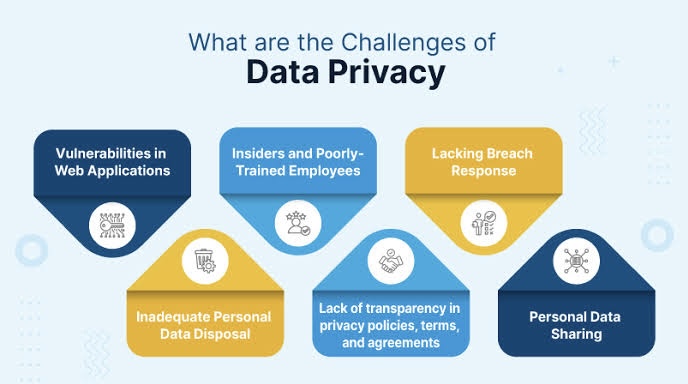
A. Keeping Pace with Change: The sheer speed at which regulations and technologies evolve presents a persistent challenge, requiring ongoing vigilance and adaptability.
B. Stress Management: Dealing with breaches and ensuring compliance under tight deadlines can be stressful.
C. Balancing Transparency with Security: Striking the right balance between being transparent about data practices and ensuring robust security measures are in place requires constant attention.
x. Conclusion
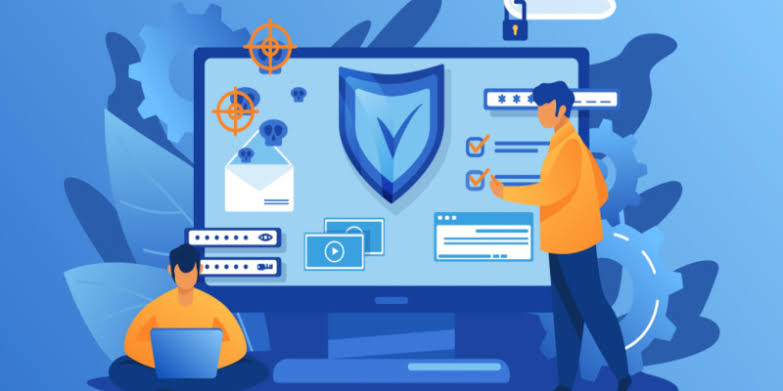
In conclusion, the life of a data privacy expert is centered on a dedication to remaining up-to-date, mitigating privacy risks, developing and applying privacy strategies, and promoting awareness about data protection. This role necessitates a careful mix of adherence to legal standards, a deep understanding of technology, and ethical considerations, all aimed at safeguarding confidential data in our digital age.
The career of a data privacy expert is characterized by a deep-seated commitment to upholding the privacy rights of individuals, the imperative for ongoing education and flexibility, and the capacity to merge broad strategic planning with meticulous implementation. It presents a field filled with both significant challenges and gratifying achievements for those deeply invested in the realms of privacy and data security.
xi. Further references
PECB Insightshttps://insights.pecb.com › the-lifest…The Lifestyle of a Data Privacy Expert
LinkedInhttps://www.linkedin.com › adviceWhat does a data privacy analyst do?
LinkedInhttps://www.linkedin.com › adviceWhat does a privacy specialist do? – Information Security
LinkedInhttps://www.linkedin.com › adviceWhat does a data privacy analyst do?
YouTube · Privado360+ views · 5 months agoA day in the life of a privacy engineer – YouTube

